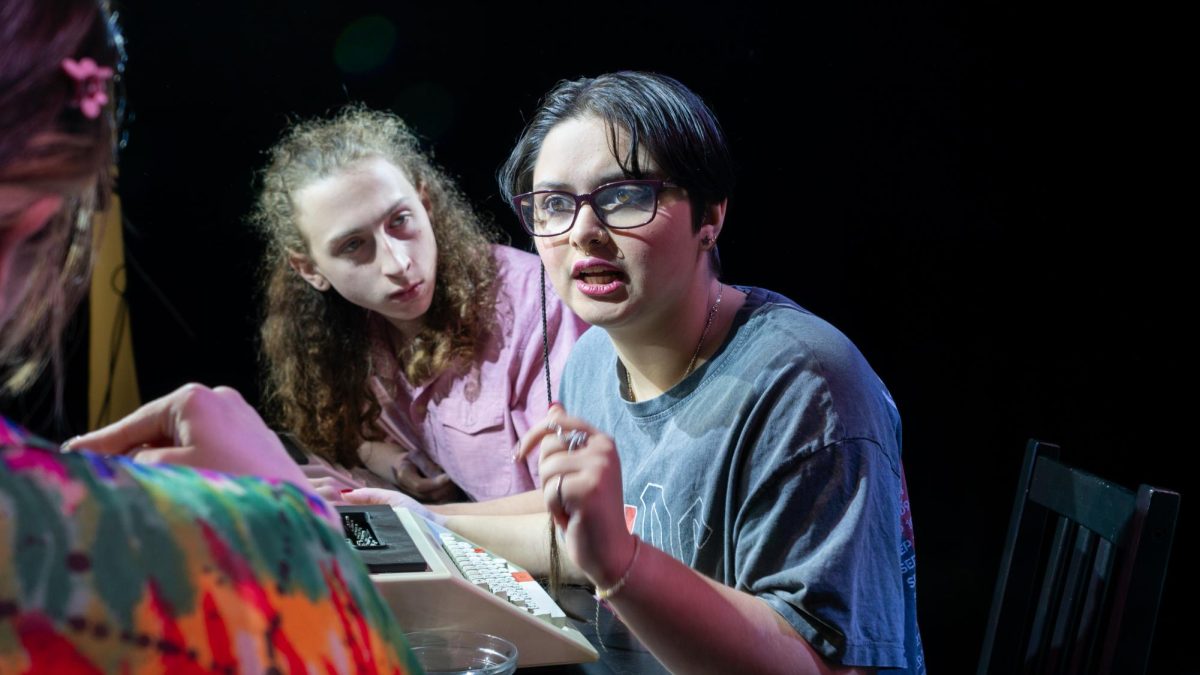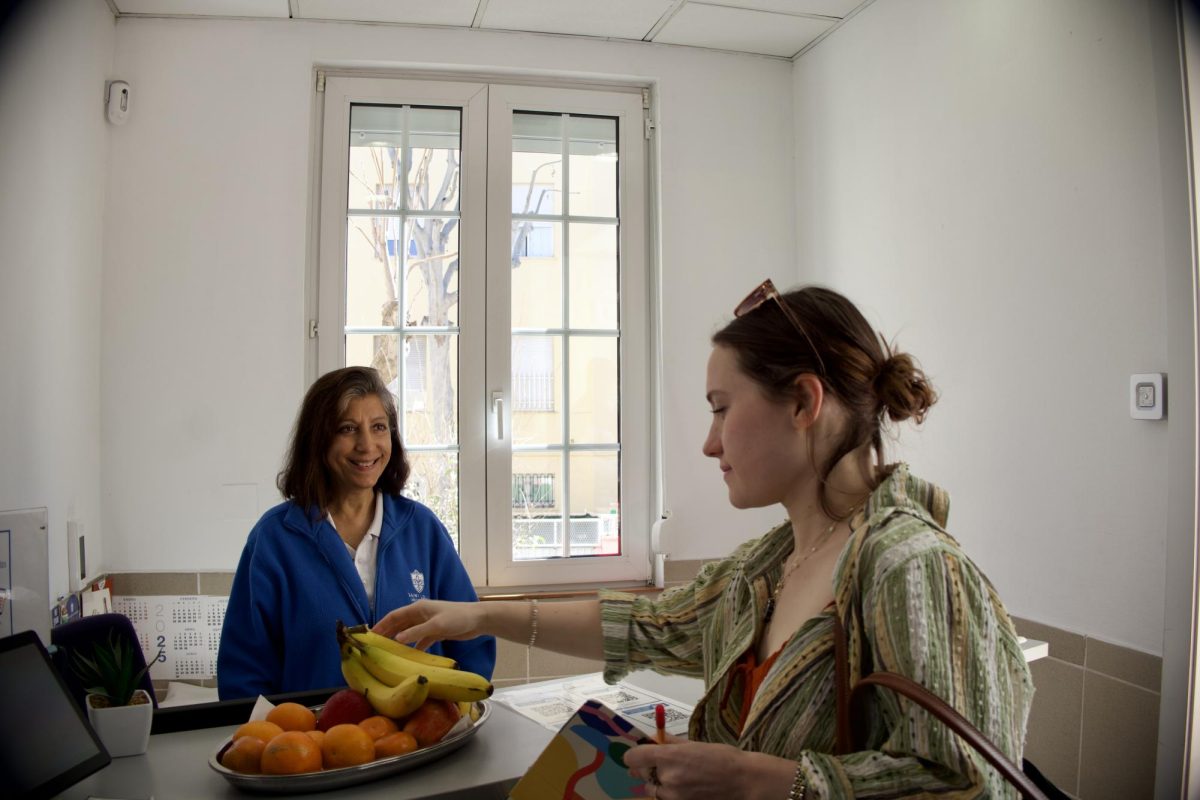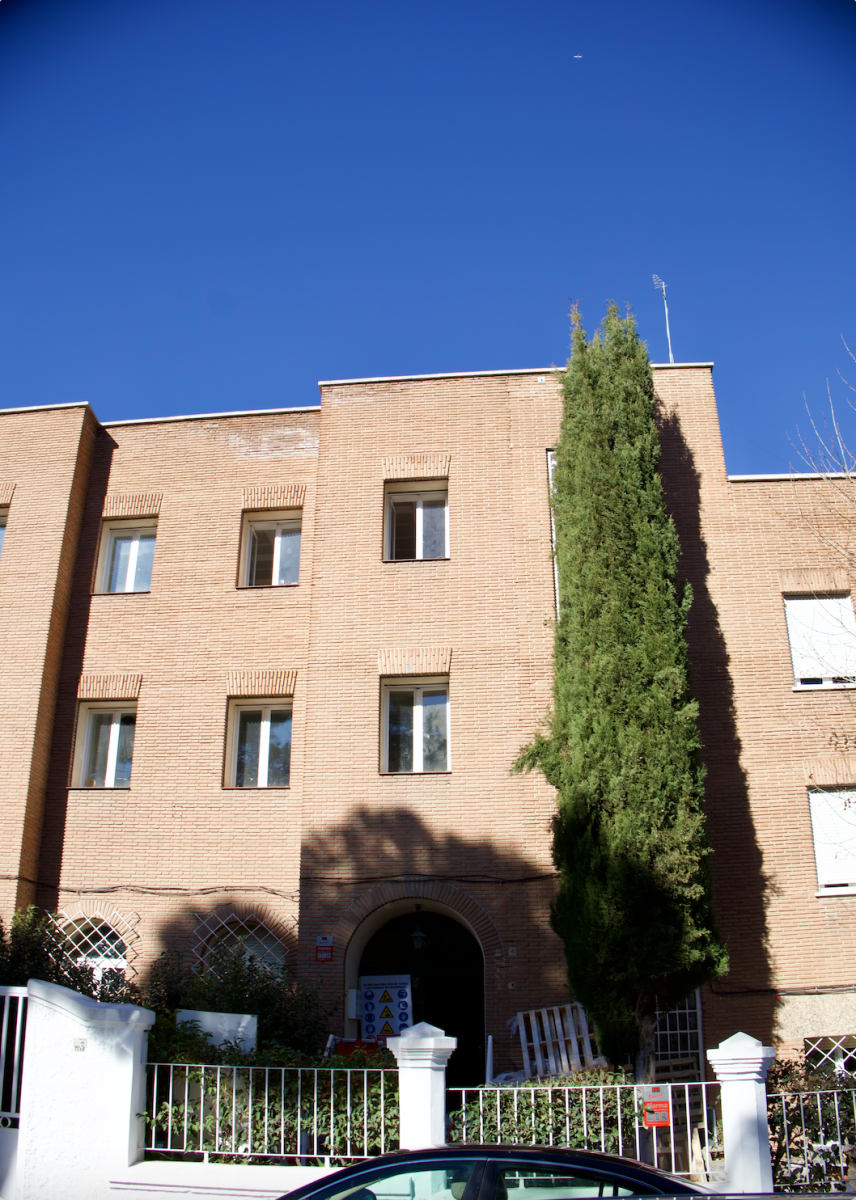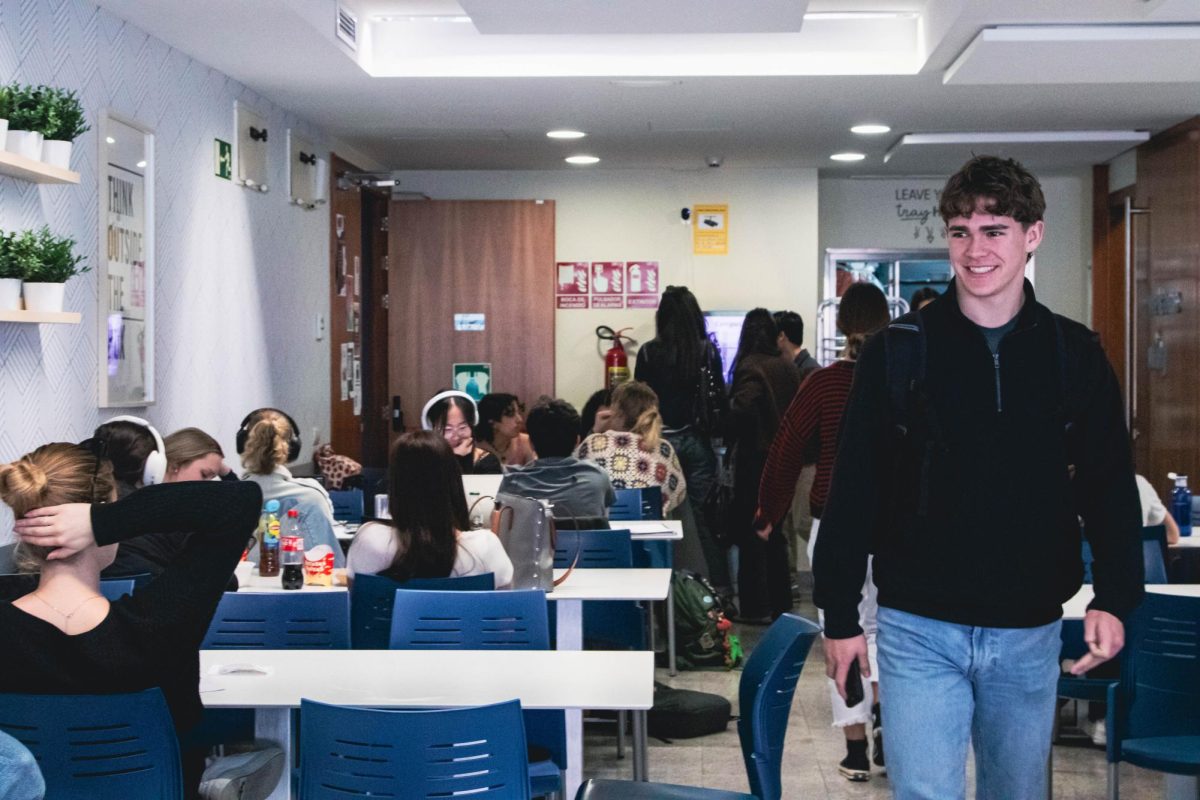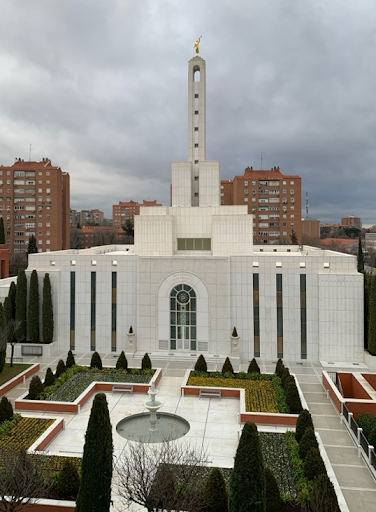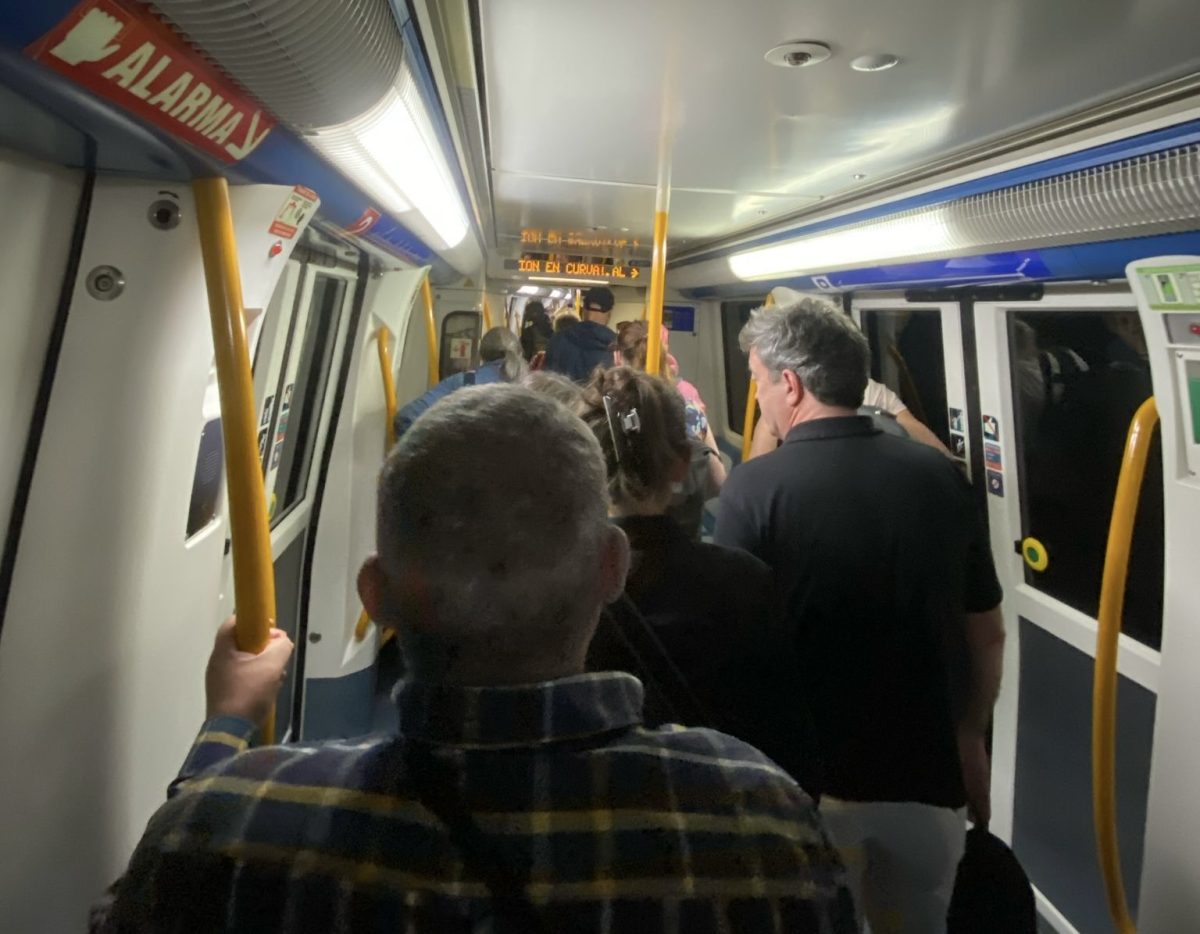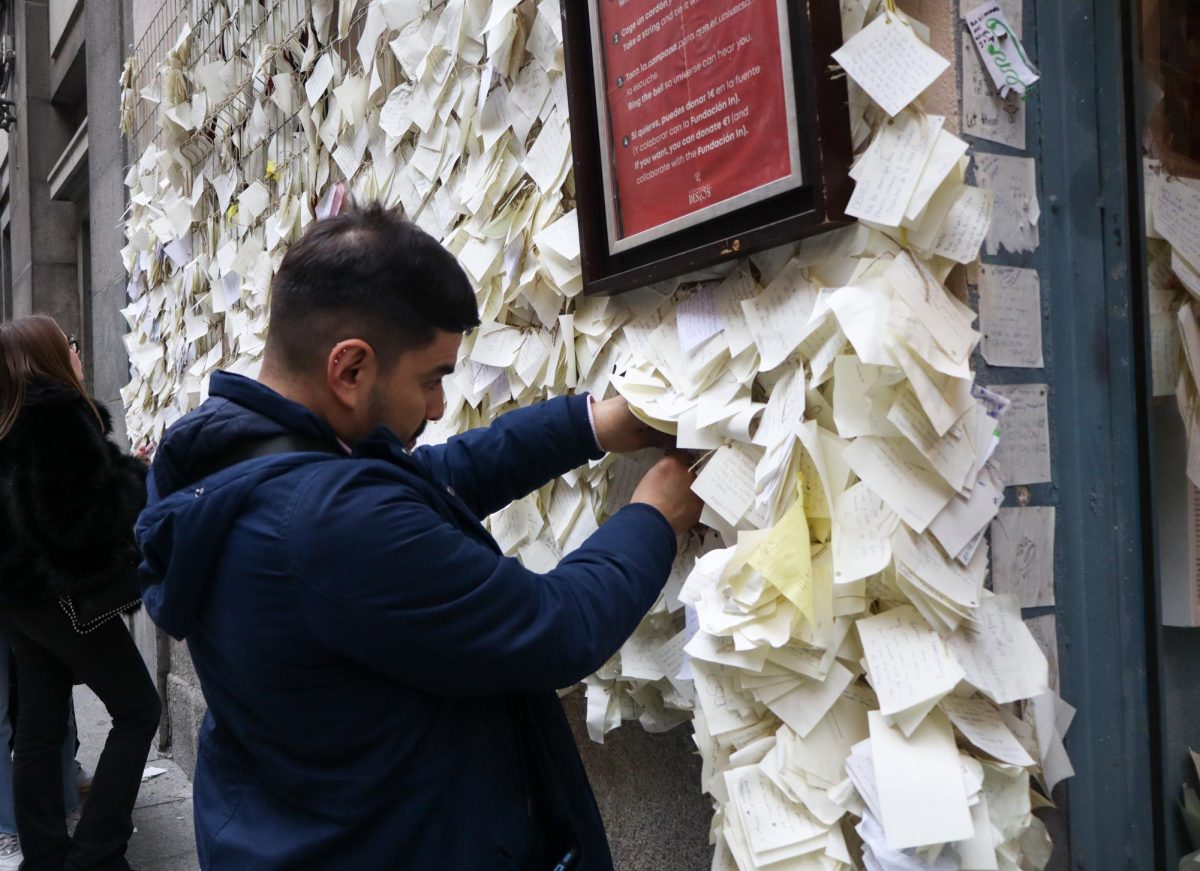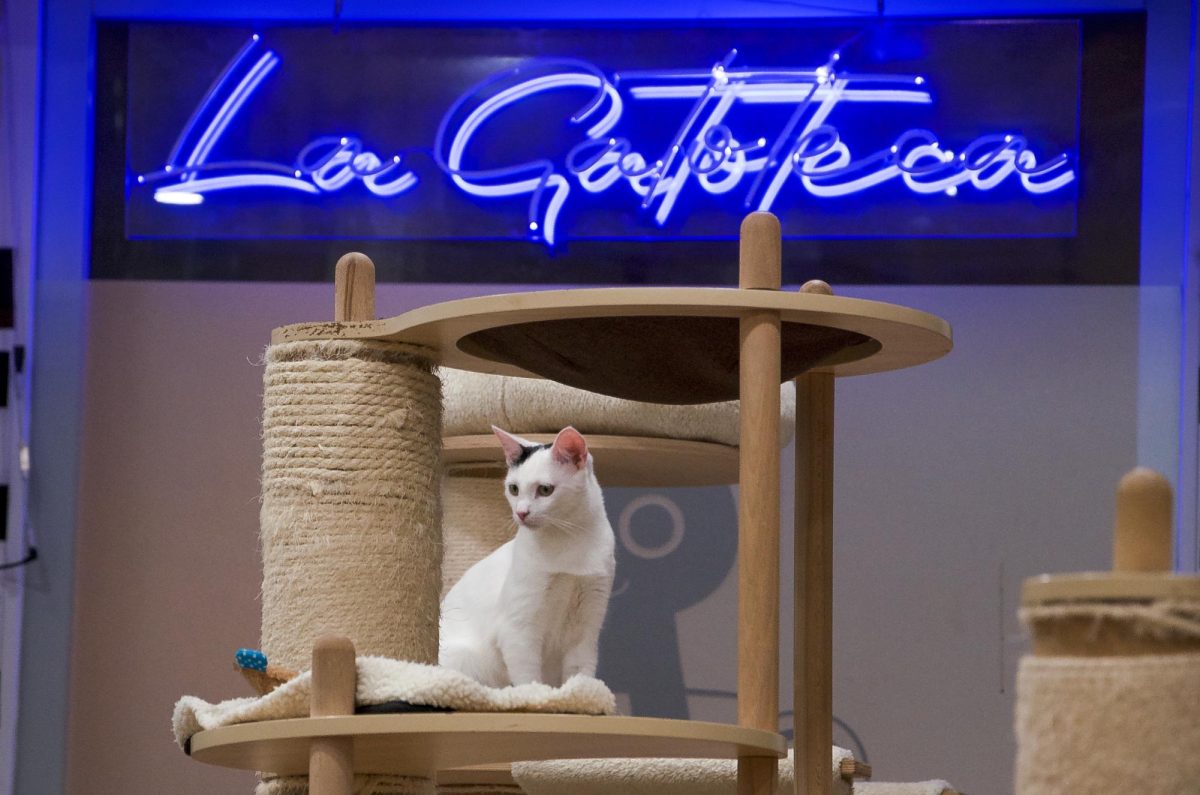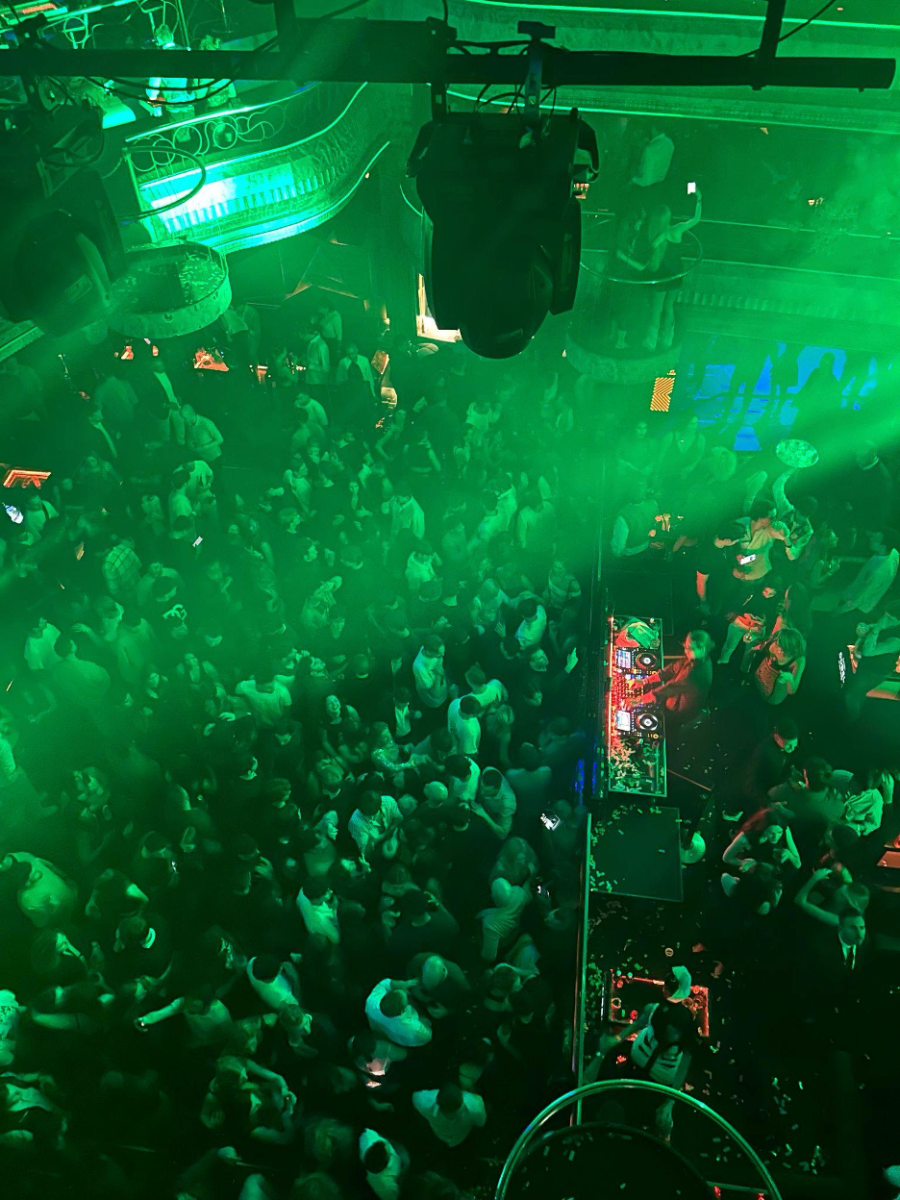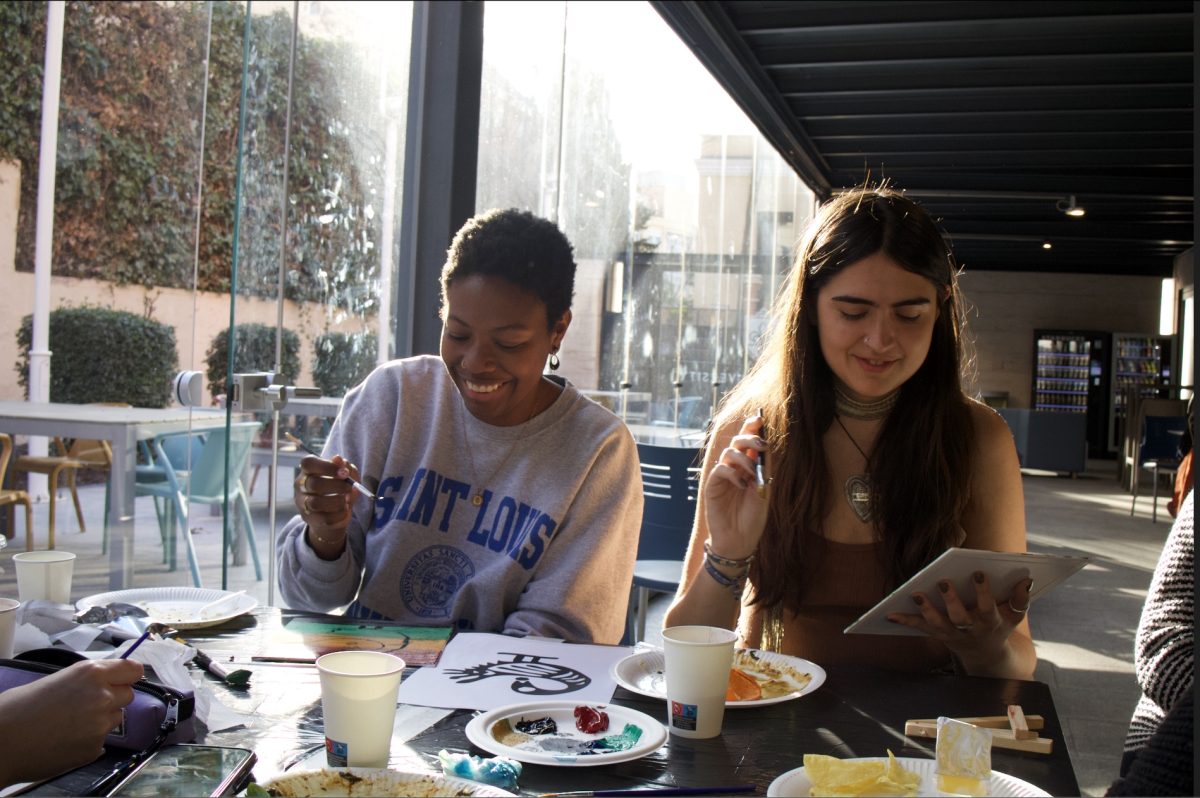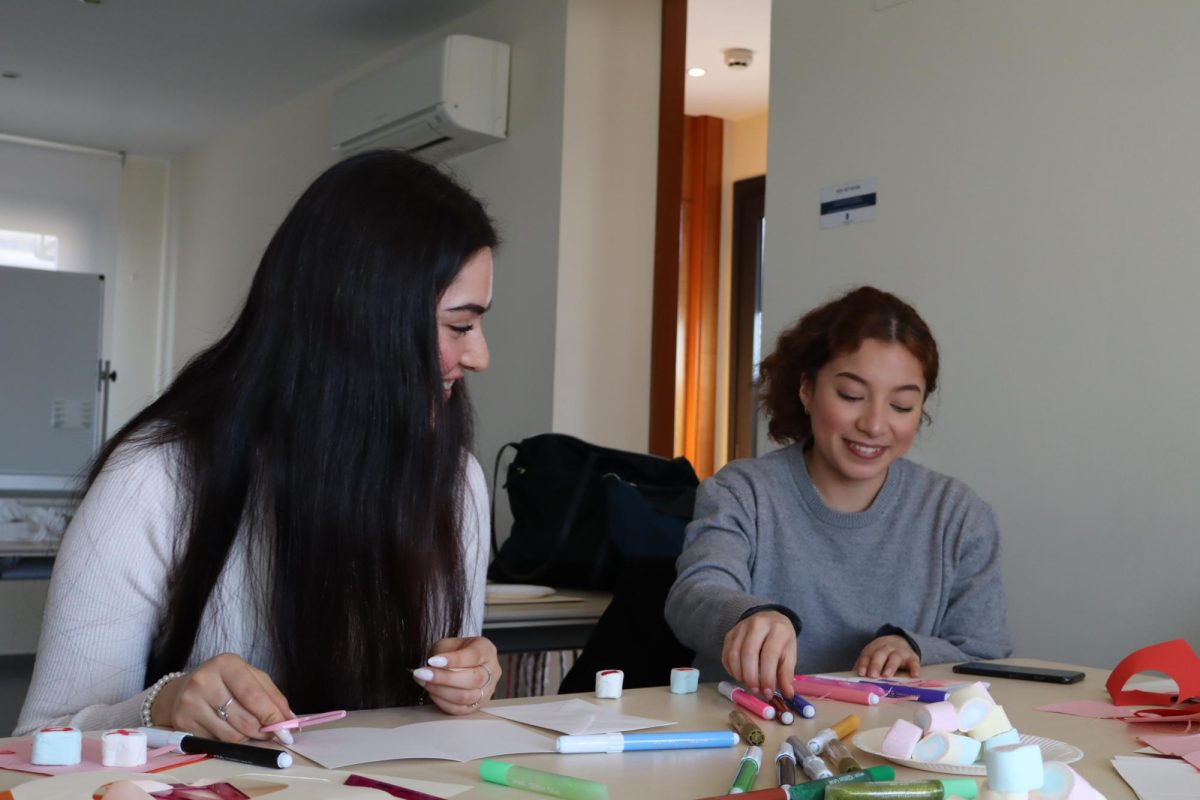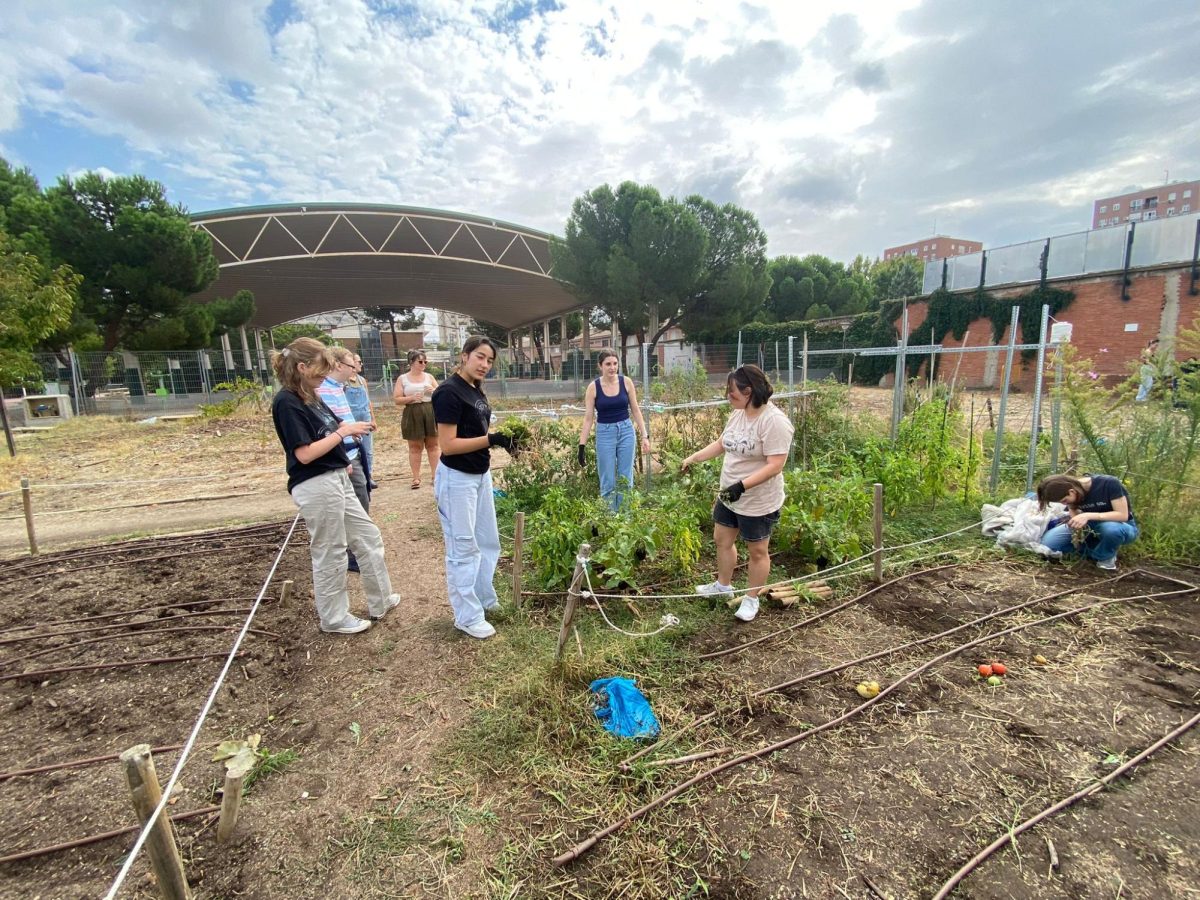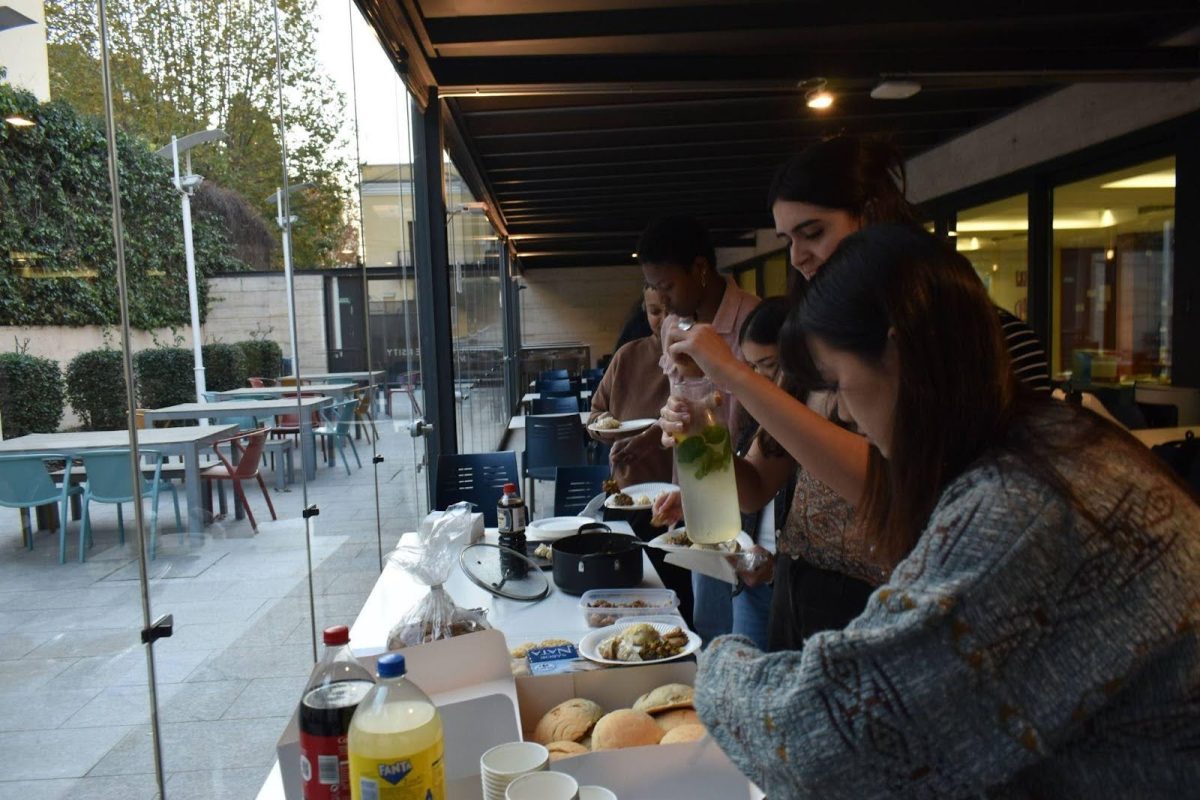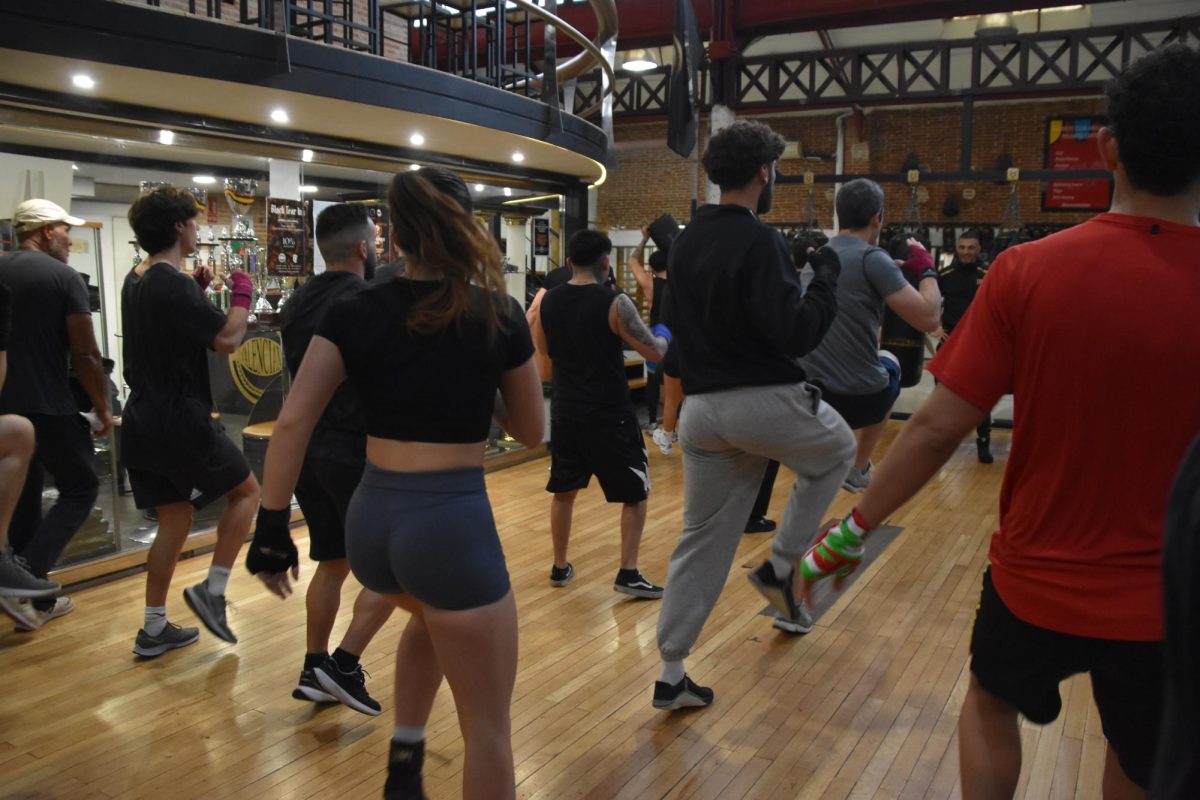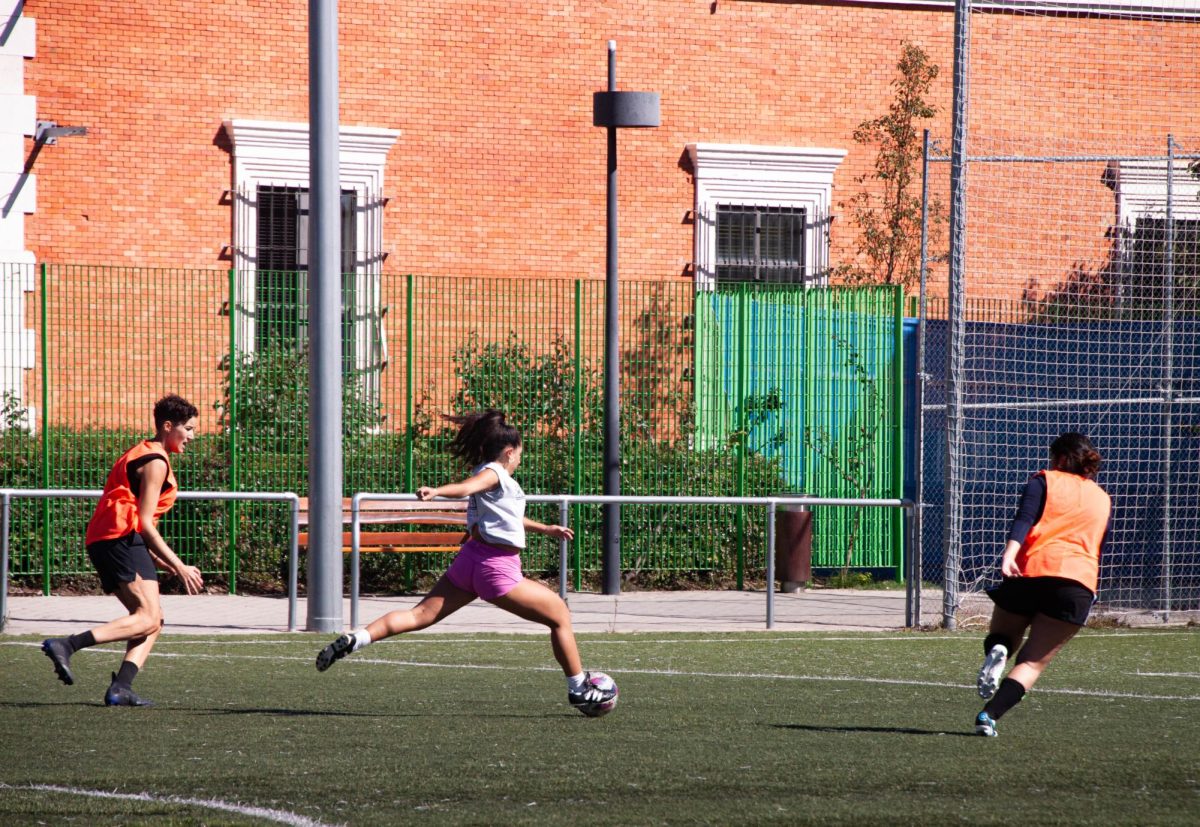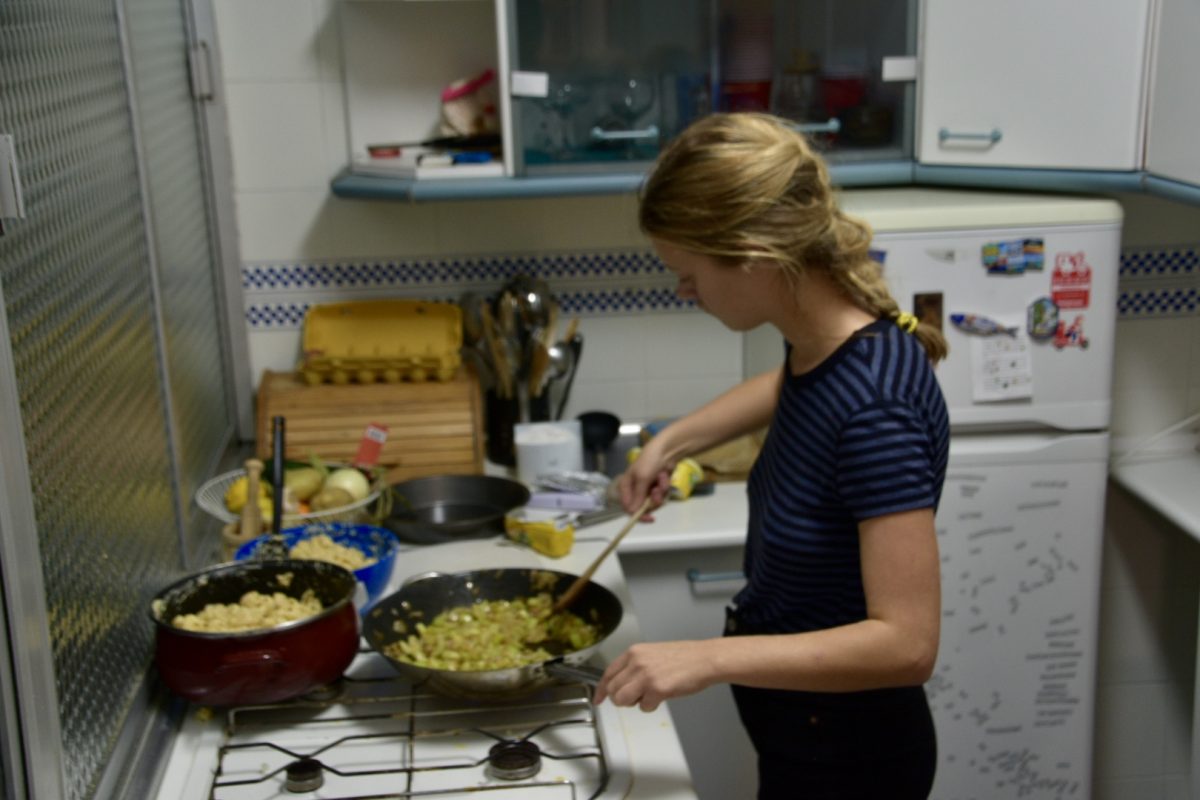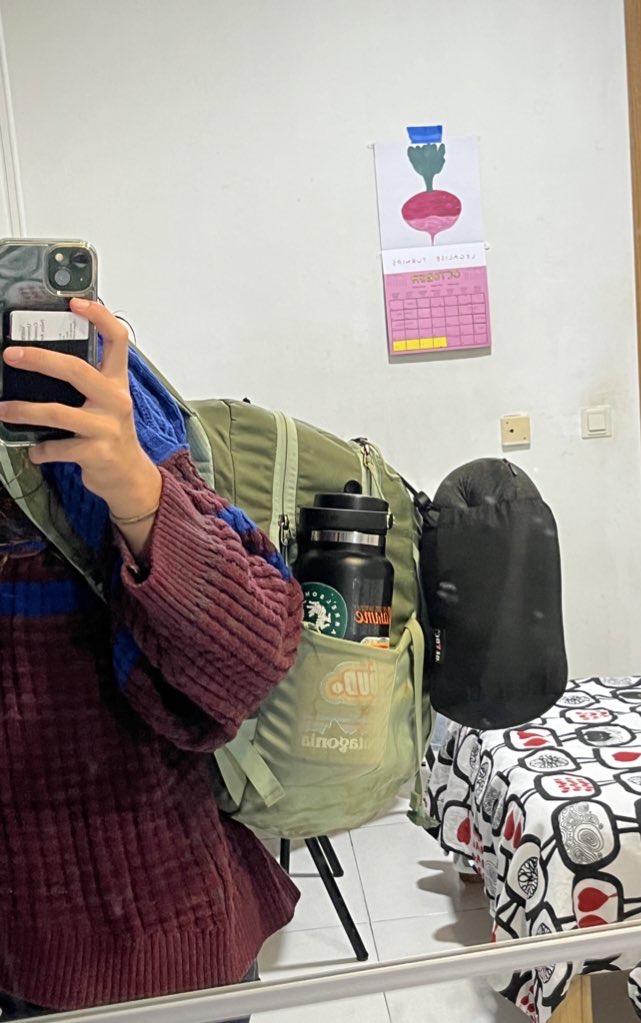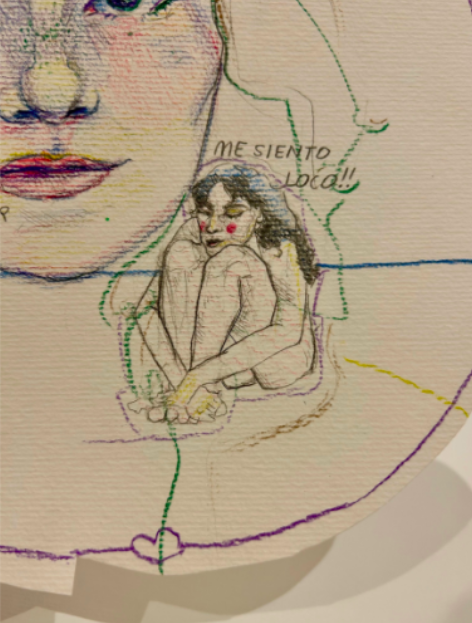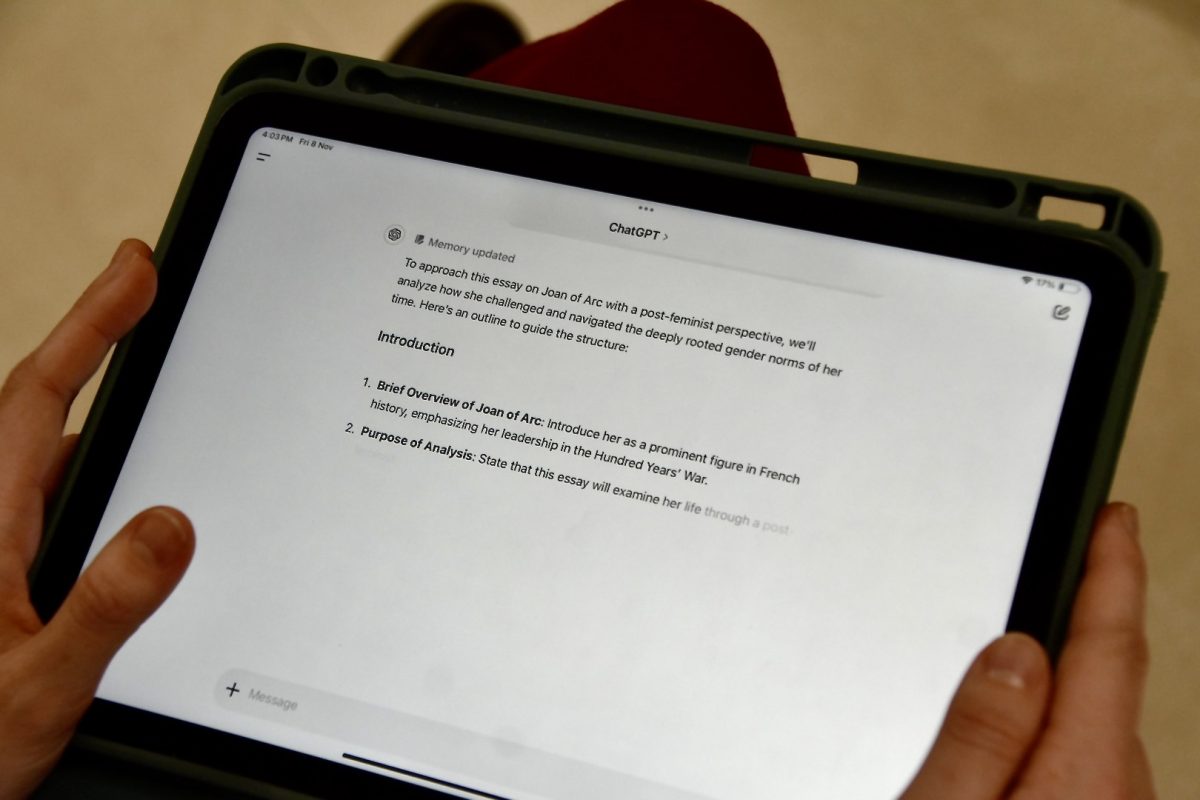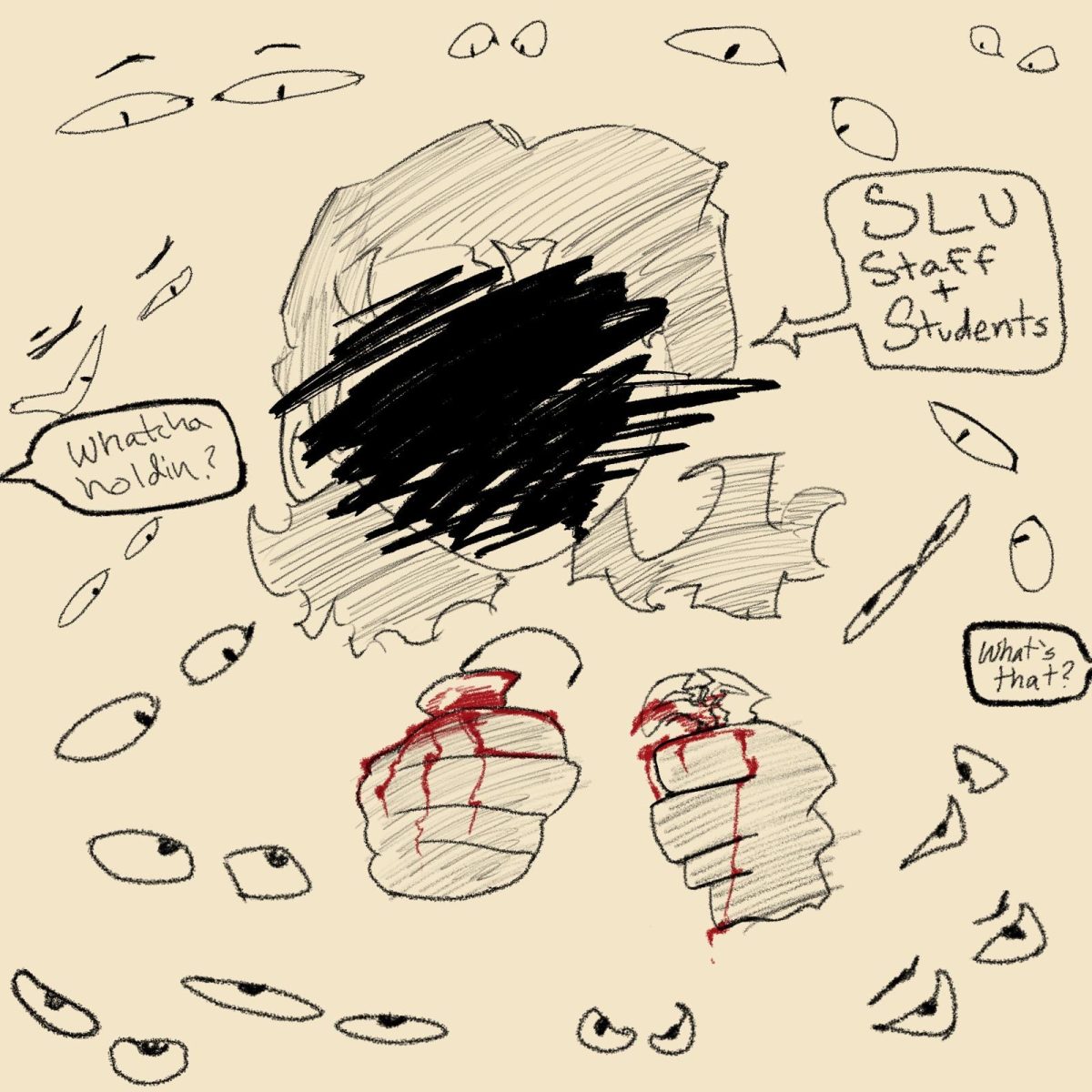Some professors have raised concerns about the quality of student work when using AI tools like ChatGPT.
“We get these essays that are bland, boring, and lack emotion or passion,” said Anne McCabe, an English professor who is currently working on a disclosure form for students to report how they used ChatGPT. The form would require students to submit both their original work and the version edited by the AI, adding that banning it outright is nearly impossible. “AI is here, so we have to live with it,” McCabe added.
In literature courses, ChatGPT’s limitations are particularly evident. Another professor, Anne Dewey, also from the English department, explained that while the tool can summarize texts, it often misses critical depth.
“It gives multiple interpretations of symbols without understanding which ones fit the text, leaving students with weak analyses,” she said. Dewey added that although students might find the AI’s polished prose appealing, the content often falls short of what’s expected in rigorous academic work. She expressed concern that students may confuse ChatGPT’s fluid writing style with strong arguments, which could hinder their ability to develop original ideas.
“They need to know the difference between sounding good and thinking critically,” Dewey said.
Despite these concerns, some students see value in ChatGPT when used responsibly. Maria Eduarda Mazzini, a senior computer science major, believes the tool should be used as an assistant rather than a shortcut. “When students ask for just answers, it decreases their critical thinking,” she said.
Mazzini suggested that students can use ChatGPT to brainstorm ideas for projects, conduct preliminary research on topics, or generate outlines for papers. These uses can help organize their thoughts and structure their writing in a coherent manner. Souha Feriani, another senior, highlighted its usefulness in breaking down difficult topics.
“I personally think that ChatGPT helps students understand more because it gives step-by-step explanations,” said Feriani. “It’s not 100% reliable—it can get it wrong sometimes—but overall, it’s an amazing tool. Sometimes students feel the urge to use it because they don’t grasp the professors’ ideas instantly.”
Sebastian Gines Lugo, also a senior, warned of the dangers of over-reliance. “ChatGPT is a slippery road to completely resigning yourself to doing your work, especially in computer science,” said Gines Lugo. He believes that policies around AI use are not too strict, but he feels that professors may view his work with suspicion, creating an environment where students might feel pressured to prove their efforts.
